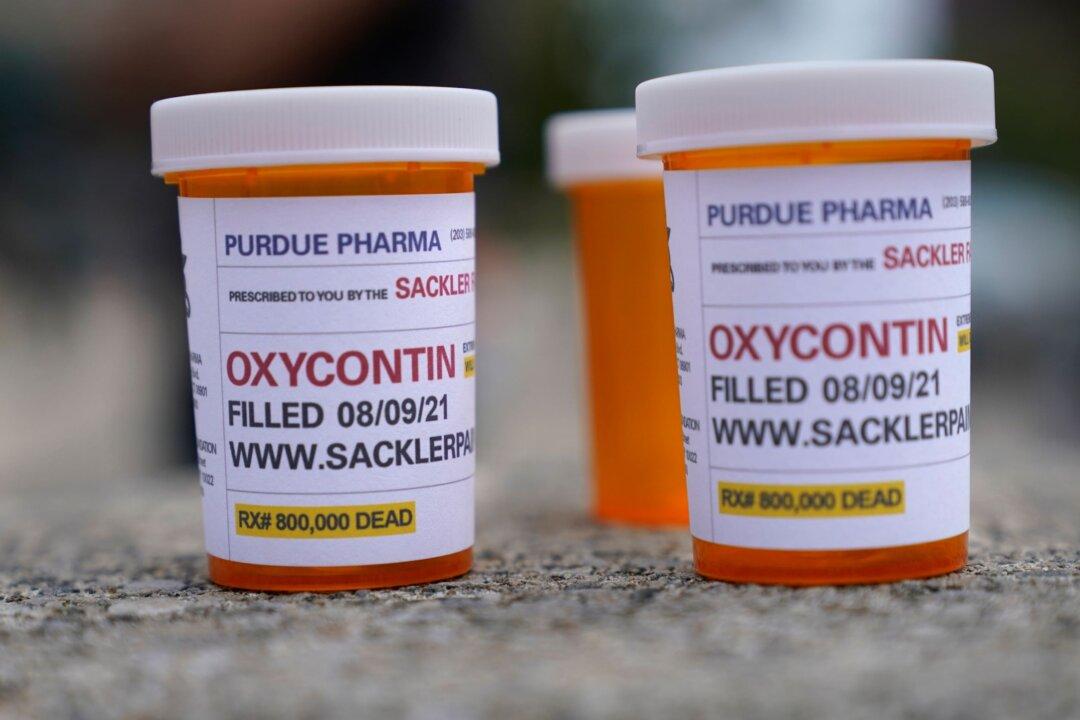A federal bankruptcy judge is expected to rule Wednesday on whether to accept a settlement between OxyContin maker Purdue Pharma, the states and thousands of local governments over an opioid crisis that has killed a half-million Americans over the last two decades.
If Judge Robert Drain confirms the plan, estimated to be valued at $10 billion, it could cap years of litigation. Members of the Sackler family would give up ownership of the company and pay $4.5 billion while the company is converted to a new entity with its profits being used to fight the epidemic. Objectors could appeal the ruling.





